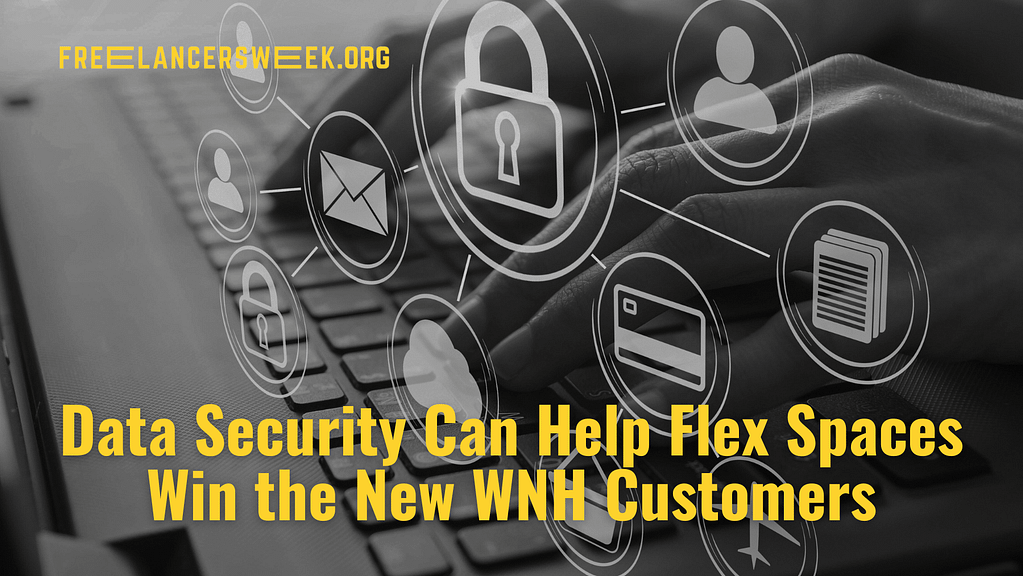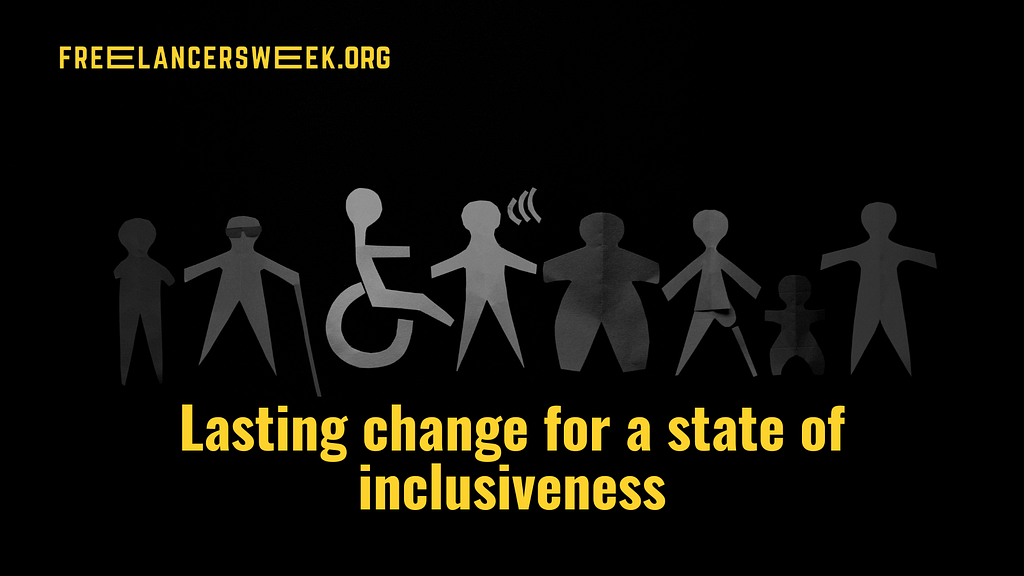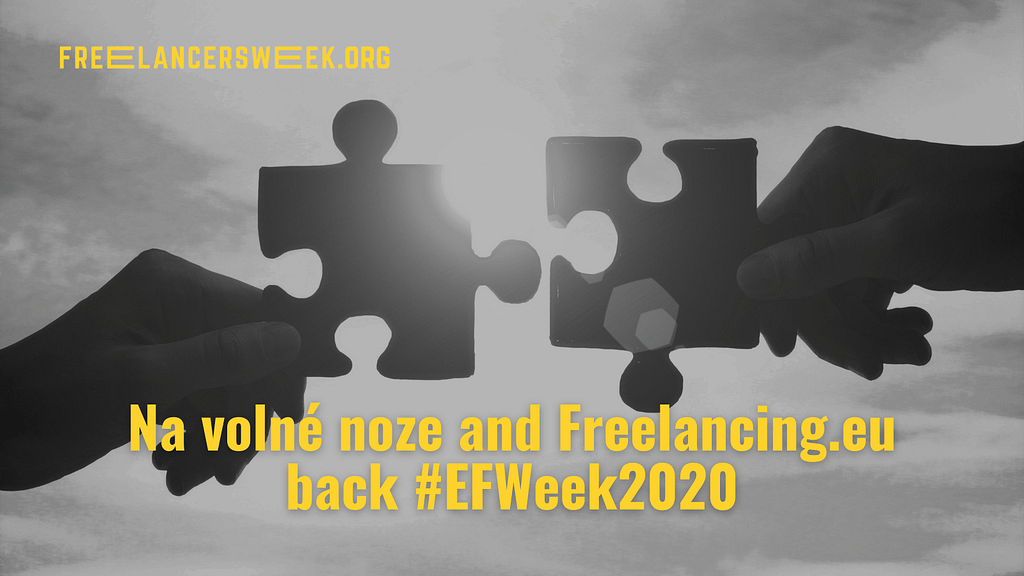By: Talitha Utton
When the Coronavirus hit towards the end of 2019 and raged wildly on through 2020 – workers across the globe were forced to continue their daily work routine from home. While the work from home (WFH) shift was, at first, the only option, we now know the pandemic is here to stay for a good while longer, and remote workers are again shifting the trends by exploring the work near home (WNH) model.
As the WNH buzz gathers pace, and employers seek alternatives to office space, now is the time that coworking or flex office spaces need to prepare to win the new WNH business coming their way and assure these sometimes tentative employers that their sensitive company data is not at risk.
From the employees perspective
WFH comes with its benefits and drawbacks, some love being at home in their space, so much so that in a recent survey some employees would agree to a 14% pay cut to continue working from home. Commuting across town has been booted in favour of a short trip upstairs or to the kitchen table.
While others just don’t have the space at home or the inclination to work in isolation on a constant basis the search for alternative working environments is making its way to local coworking or flex office spaces.
From the employers perspective
Employee surveys are rolling out at a number of multinationals, like Unilever UK who believe a ‘hybrid model’ will be adopted, and Dropbox, who have created a ‘Virtual First’ model. A study of 958 company directors who were surveyed by the Institute of Directors, report that 74% would be keeping increased flexible working after the Coronavirus.
But there are still growing concerns about data security while remote employees go about their daily work. Security chiefs admit that the ‘attack surface’ has increased dramatically now that remote workers are operating from anywhere and everywhere, putting more companies and individuals’ information at risk. Things like cyber-attacks through high tech devices and prying eyes on screens are just some of the ways data breaches are being experienced.
The move to coworking and flex spaces
Companies and corporations looking at flexible and secure work solutions for their staff will find a good starting point at a coworking or flex office space. Equipped with all the basic amenities, as well as quiet corners and collaboration areas, these locations are well positioned to meet the transition from the corporate office to the WNH space.
It is now up to these spaces to convince corporations that their confidential and sensitive data is securely managed in these shared working environments. Measures like VLAN and member unique WiFi credentials can be a solution, but these managed services all come at a price that is often beyond the reach of smaller spaces.
Coworking and flex offices can instead look to innovative solutions, such as Signify’s cutting edge, LiFi. A super simple plug and play solution that any non-techie can use, Trulifi carries the wireless signal over lightwaves.
Unlike radio waves, light doesn’t pass through walls, so all data sent over LiFi stays securely in the room. This critical layer of security is also easily explained to employers seeking assurance that their sensitive company data is safe.
Though historically the preserve of freelancers and startups, flexible workspaces will increasingly fill with remote employees, and those that offer the assurance of uninterrupted and secure connectivity, especially with innovative internet alternatives such as LiFi will surely lead this growth.
Ultimately if a coworking space can offer a well-equipped working environment for remote employees and peace of mind to employers, there is no doubt the WNH audience will be theirs.





